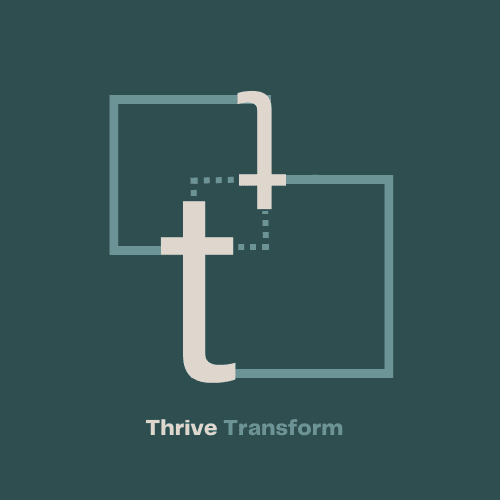From Me to We: EQ the Key to High-Performing Teams & Organizational Success

Posted on March 19th, 2024
The landscape of work is shifting. Gone are the days of siloed individuals with high IQ's could single handedly propel an organization, or an organization that had a top- down leadership. Todays success hinges on collaboration, innovation, and emotional intelligence (EQ)- the ability to understand, manage, and leverage emotions-within teams. Let's explore the transformative power of EQ, delving into research, and some organizations that have cultivated high- performing teams, and propelled organizational success.
EQ: The Catalyst for High-Performing Teams
High-performing teams aren't just a collection of talented individuals; they're a symphony of diverse perspectives working in unison. Here's how EQ strengthens team dynamics:
- Building Psychological Safety: Teams with high EQ fosters a sense of psychological safety. Google's project Aristotle, a multi-year study on high-performing teams, identified this as number one factor for success. Psychological safety allows team members to take risks, share ideas openly and admit mistakes without fear of retribution. This vulnerability promotes trust, and creates an environment where innovation thrives.
- From Empathy to Collaboration: EQ empowers team members to communicate clearly, actively listen, and adapt their communication styles to different personalities. This minimizes misunderstandings, and allows for constructive conflict resolution. A study by CPP Global found that unresolved conflicts cause US businesses $359 billion per year. With high EQ, teams can navigate disagreements productively while focusing on solutions.
- Motivation: Leaders with high EQ inspire and motivate teams. they create a positive and encouraging environment encouraging a shared commitment to goals.
Building an EQ Fueled Culture: A Blueprint for Success
Cultivating an emotionally intelligent team environment is a continuous process. Here are some strategies to consider:
- Leadership by Example: Zappos the online shoe retailer is renowned for its company culture, built on core values like happiness, and customer service. They famously prioritize cultural fit over pure technical skills, during hiring cultivating a team environment fueled by empathy and collaboration, leading to high customer satisfaction, and high-engagement.
- EQ Training and Development: Novartis the pharmaceutical giant implemented an EQ training program for its leadership team. The organization saw a 20% increase in team work, and a 17% improvement in communication across the organization.
- Open Communication Channels: Salesforce, the cloud-based software company fosters a culture of trust and transparency through open communication and employee empowerment. Salesforce leaders actively invest in employee development, including programs geared towards developing emotional intelligence.
- Self- Awareness Assessments: Tools like EQ assessment can provide valuable insights, into your areas of strengths, areas of improvement, relationship management, and self- regulation.
- Mentoring and Coaching: Skilled mentors and coaches, provide guidance, feedback and support on the EQ journey. The Ripple Effect: From Teams to Organizational Success: The benefits of EQ extends beyond individual teams.
- Enhanced Innovation: A study by IBM found that companies that foster a culture of creativity outperform their peers by 20% in revenue.
- Reduced Turnover: A study by SHRM found that cost of replacing an employee can range from one-half to twice their annual salary.
- Improved Customer Service: Employees with high EQ can build stronger relationships with customers, leading to increased satisfaction and loyalty. A study by McKinsey found that companies with strong EQ capabilities can see a 0% increase in customer satisfaction.
TalentSmart reports that EQ contributes to 90% of team performance factors, making it a far more significant driver than technical skills alone.
The Power of "WE"
The formula for high-performing teams, and organizational success in todays world requires a focus on emotional intelligence. By investing in building your own EQ, and promoting it within your teams, an organization will create dynamic, resilient and results-oriented environment that prioritizes EQ development at all levels where everyone thrives. The shift from "ME" to "WE" cultivates a culture of connection, psychological safety, innovation, propelling the organization towards sustainable success.
"Before you are a leader, success is all about growing yourself. When you become a leader, success is all about growing others." -Jack Welch
Contact Us
"A Journey of a Thousand Miles Begins With a Single Step" - Lao Tzu
Are you ready to take the first step in your transformational journey? Then send me a message and let me help you thrive in all areas!
